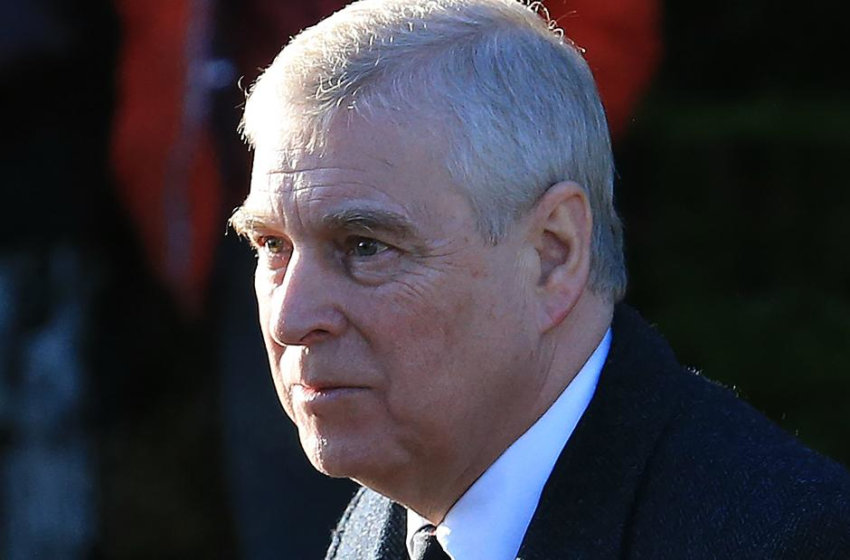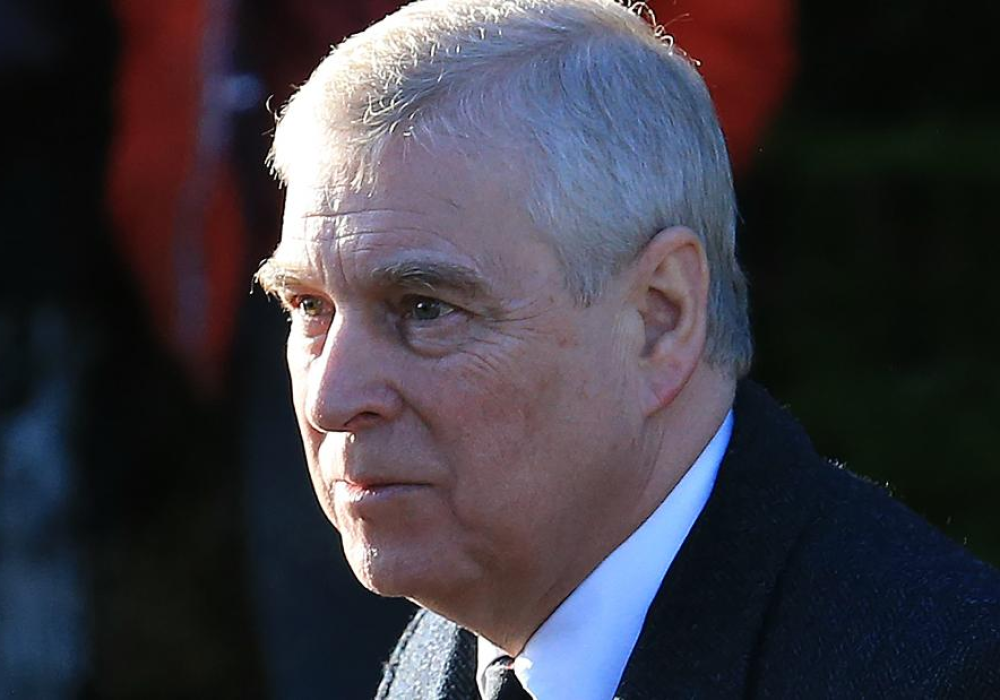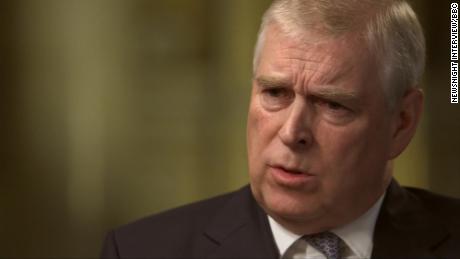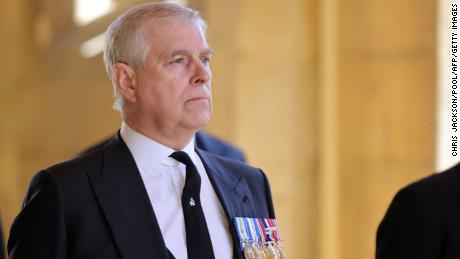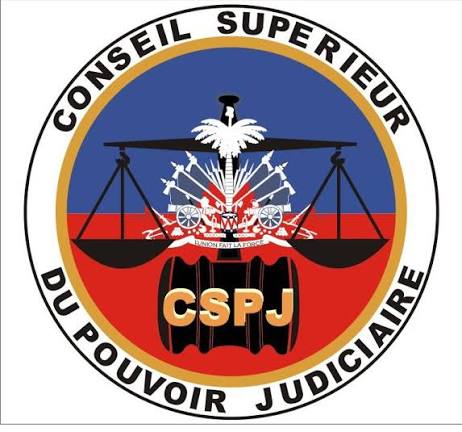It is an unprecedented situation for a senior British royal — the third child (and reportedly the favorite son) of Queen Elizabeth II — and sets up a dramatic series of legal proceedings that will attract attention around the world and could have major ramifications for Buckingham Palace.
Giuffre alleges that she was trafficked by convicted sex offender and disgraced financier Jeffrey Epstein and forced to perform sex acts with the royal — claims that Andrew denies.
She is seeking damages “in an amount to be determined at trial,” as well as attorneys’ fees and other further relief “as the Court may deem just and proper,” according to the lawsuit.
Andrew’s attorneys filed a motion to dismiss late last year, but that effort failed on Wednesday and they must now prepare the prince to face a New York court.
In his ruling, judge Lewis Kaplan wrote that “Giuffre’s complaint is neither ‘unintelligible’ nor ‘vague’ nor ‘ambiguous.’ It alleges discrete incidents of sexual abuse in particular circumstances at three identifiable locations. It identifies to whom it attributes that sexual abuse.”
The prince’s reputation has already been severely tarnished by his relationship with Epstein — and his friendship with Epstein’s former partner, Ghislaine Maxwell, who was convicted in December for her role in facilitating Epstein’s abuse.
Here’s what you need to know about the case, and what comes next.
What are Giuffre’s claims?
Giuffre says the assaults happened in London, New York and the US Virgin Islands, that Andrew was aware she was a minor at the time, and that she had been trafficked by Epstein.
In claims made prior to filing her lawsuit, Giuffre alleged that in 2001 Epstein brought her to London, where she was introduced to Prince Andrew and went dancing at a nightclub with Epstein, his then-girlfriend Ghislaine Maxwell and the prince.
In a BBC interview broadcast in 2019, Giuffre said she had been taken to the Tramp nightclub where, Giuffre alleged, Andrew asked her to dance and was “sweating all over me.”
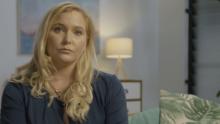
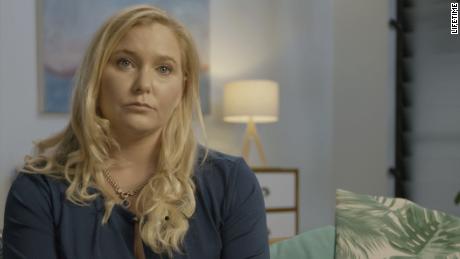
He claimed in the same interview that he could not sweat, due to a rare medical condition, and that on the night he is alleged to have had sex with Giuffre, he was in fact taking his daughter to a party at a Pizza Express restaurant in Woking, southwest of London.
Giuffre’s lawyers asked Andrew in court filings to provide documents proving both of those claims. But Andrew’s team responded that he was unable to do so, because he has no documents proving a medical condition that prevents sweating, and could not identity anyone he encountered at the pizza restaurant.
Where do things stand in the court case?
That settlement was unsealed on January 3; it shows that Epstein paid Giuffre $500,000 to drop the case without any admission of liability or fault, and that Giuffre agreed to “remise, release, acquit, satisfy and forever discharge” parties and “any other person or entity who could have been included as a potential defendant.” It does not explicitly name Andrew or any others.
Andrew lost that effort on Wednesday; Kaplan ruled that “the 2009 agreement cannot be said to demonstrate, clearly and unambiguously, the parties intended the instrument ‘directly,’ ‘primarily,’ or ‘substantially,’ to benefit Prince Andrew.”
Now Andrew has until July 14 to potentially answer questions about the case under oath, following a ruling made by Judge Lewis A. Kaplan last year. The scheduling order signed by the judge in New York means that if lawyers for Giuffre want to question Andrew, they must do so outside of court and submit the interview by that date.
The ruling on Wednesday gives Andrew limited options on how to proceed.
He could still try to negotiate a settlement with Giuffre to avoid the case going into a trial. He has repeatedly and categorically denied her allegations.
He could also choose to face the trial, which would open him up to more scrutiny over his alleged past behavior.
Another option is not to engage further and refuse to submit to the jurisdiction of the court. However, that would open him up to a potentially costly default judgment.
What is Andrew’s legal defense?
Andrew has denied the allegations against him, telling the BBC in 2019: It didn’t happen.”
Andrew’s attorneys have also attempted to shift the narrative, alleging in a blistering court filing in October that Giuffre’s claims are motivated by money. CNN contacted Giuffre’s lawyers in relation to the fresh claims; in their initial filings for the case, her attorneys said Andrew had inflicted “emotional distress” on Giuffre that was “severe and lasting.”
“Giuffre has initiated this baseless lawsuit against Prince Andrew to achieve another payday at his expense,” Andrew’s lawyers wrote in the documents filed on October 29 — the clearest sign yet that they are planning to go on the offensive as they battle to save the reputation of the Queen’s third child.
The documents acknowledge that Giuffre “may well be a victim of sexual abuse at the hands of Jeffrey Epstein … and nothing can excuse, nor fully capture, the abhorrence and gravity of Epstein’s monstrous behavior against Giuffre, if so.”
But the papers also seek to paint Giuffre as money-driven and accuse her of “willful recruitment and trafficking of young girls for sexual abuse.”
They allege that Giuffre “was trained to and did, in fact, recruit other young women into Epstein’s sex trafficking ring,” and has since “milked the publicity for all she could,” a dramatic escalation in the case that hinted at an unsavory round of legal battles ahead.
Giuffre’s lawyer, David Boies, did not respond at the time to CNN’s request for comment on the allegations in the court documents filed by Andrew’s lawyers.
“Most people could only dream of obtaining the sums of money that Giuffre has secured for herself over the years,” Andrew’s lawyers said in their October 29 document. “This presents a compelling motive for Giuffre to continue filing frivolous lawsuits against individuals such as Prince Andrew.”
Prince Andrew’s lawyers declined to comment when contacted previously by CNN.
Will Andrew have to face questions himself?
Andrew has previously been accused of not cooperating with attempts to interview him as part of the investigation into the alleged sex trafficking ring Epstein and Maxwell are alleged to have operated.
A spokesman for the US attorney’s office in the Southern District of New York declined to comment.
As Giuffre’s court case continues, he will likely have to reckon with the mid-July deadline to answer questions under oath.
Until then, though, he is not scheduled to appear in court and is unlikely to speak to the media about the case.
What does this mean for the royals?
British tabloids often refer to the duke as the Queen’s favorite child, so his lengthy association with Epstein and Giuffre’s allegations against him signal a hefty fall from grace.
While the monarch and other senior royals have so far avoided damage to their own reputations as a result of the Giuffre case, the prospect of Andrew being forced to answer questions under oath will be an unwelcome one for the wider institution.
CNN’s Lauren Said-Moorhouse contributed to this report.

